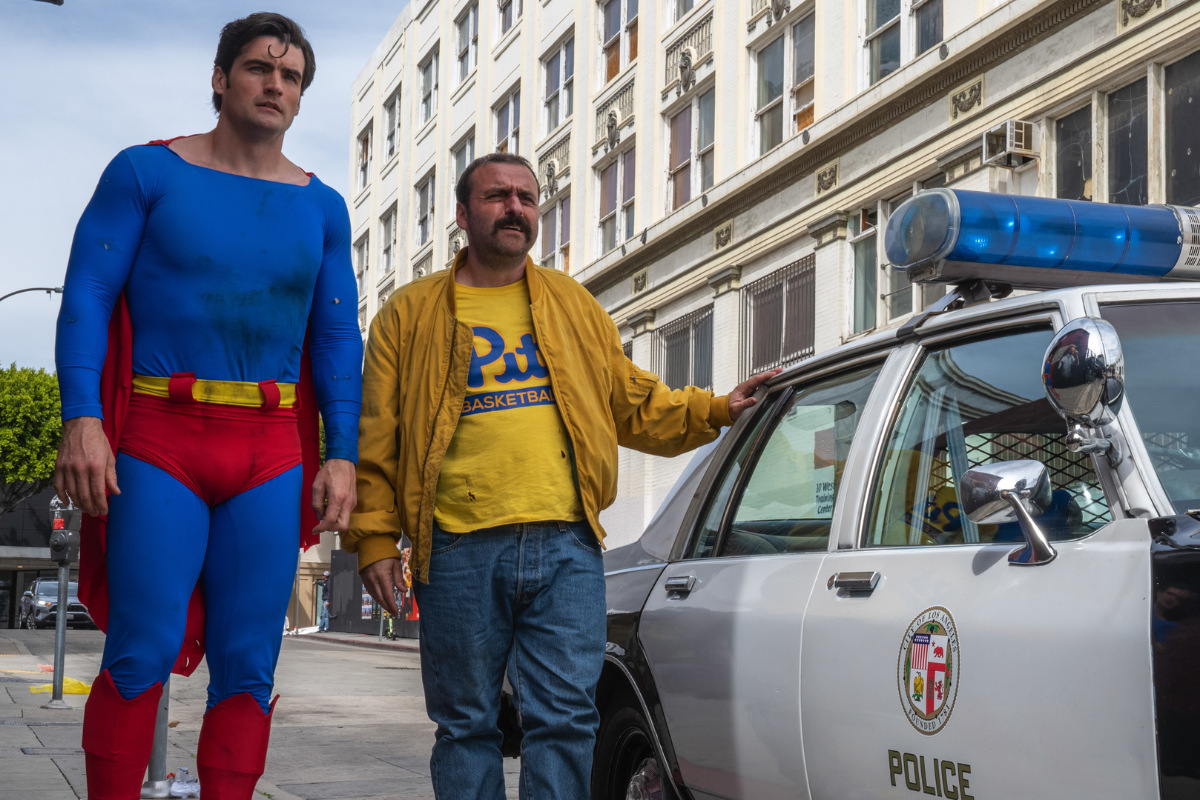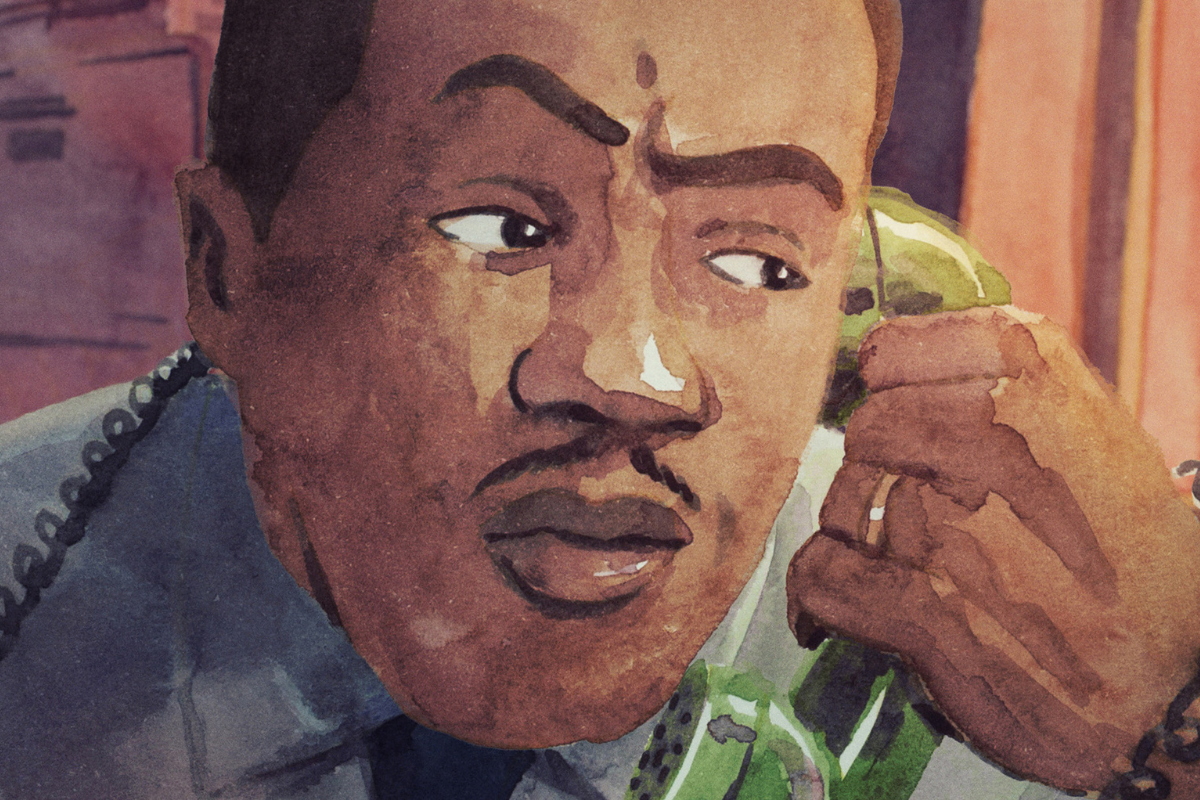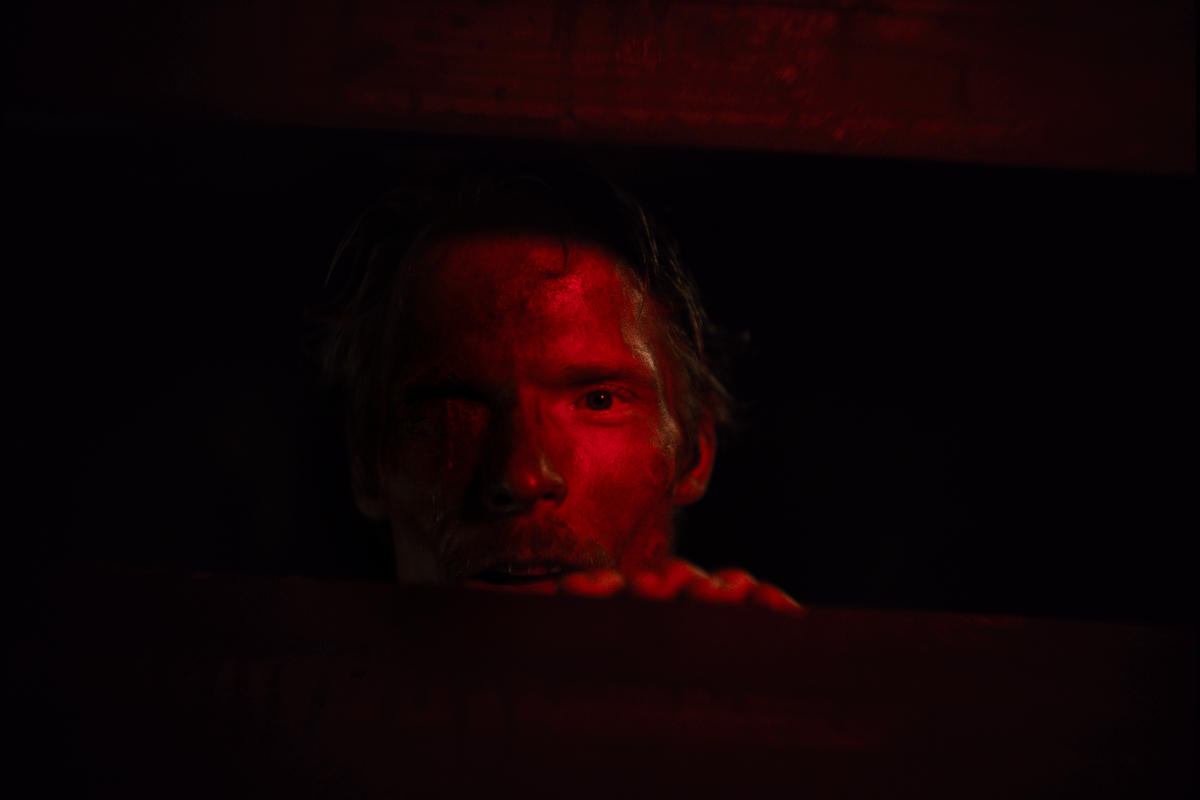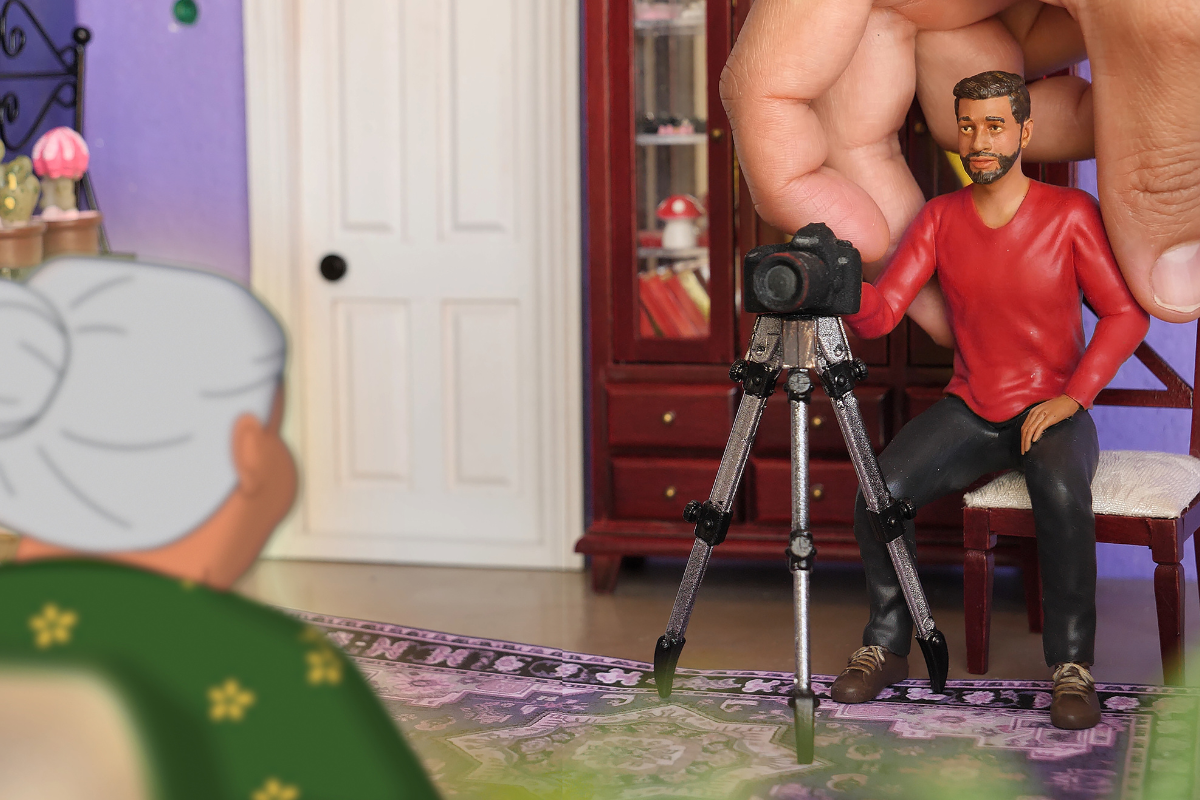FESTIVAL SPOTLIGHT: Big Apple Film Festival
As screenwriting contests and film festival season begin to ramp up, Script took a moment to speak one-on-one with one of those festivals to learn about what makes them stand out from all other festivals, what to expect, and tips before submitting.
As screenwriting contests and film festival season begin to ramp up, Script took a moment to speak one-on-one with one of those festivals to learn about what makes them stand out from all other festivals, what to expect, and tips before submitting.
The Big Apple Film Festival began in 2003 at the Anthology Film Archives in NYC, and has been a staple in New York ever since. Providing yearlong opportunities for budding filmmakers and screenwriters with both their film festival, screenwriting contests and Agent and Managers Conference.
Both founder and director Jonathan Lipp and Screenplay competition manager Jess Waters spoke with Script about the Big Apple Film Festival.
What makes the Big Apple Film Festival stand out from other festivals?
Jonathan: Big Apple Film Festival offers ongoing and consistent networking and mentorship opportunities throughout the year. On average, we host 4 virtual sessions per week with established industry professionals, including filmmakers, writers, producers, agents, managers, development executives, etc. Aspiring writers, filmmakers and producers may register for these sessions, and will have the opportunity to share information on their projects, ask questions and learn career strategies. Here is a link to upcoming sessions.
Additionally, approximately twice per month throughout the year we offer virtual pitch sessions, in which writers and filmmakers will have an opportunity to pitch their projects to industry professionals in a small group setting.
We also offer a membership program, which provides access to unlimited networking and mentorship sessions throughout the year, and members only events.
Lastly, each festival season Big Apple Film Festival hosts our Agents and Managers Conference, in which participants have the opportunity to learn strategies on acquiring representation and pitch their material. As far as I know, we are the only festival that presents a multi-day conference specifically focused on Agents and Managers.
Jess: I think what's really exciting about it is that it's somewhat of like a mid-level competition. So obviously, there are huge, massive competitions that get 3,000 entries a year. And sometimes people can get overlooked in those. So with ours, we get around 800 submissions each festival. So that would be the Fall and the Spring. But, obviously, we take the time to really go in-depth in reading everything, which is isn't always the case for all competitions, as we know. And we also do multiple rounds of reads for the scripts. So I know that most competitions don't do that. Or if they do, they kind of outsource that first round reads to something, a platform like Coverfly. All of our readers they're hired in-house. So we talk to every single one of them, and give them the overview of what we expect. And those are our readers for the year.
And then once we get to the finalists, which is, as a writer myself, this would be very exciting to me, which is that we have a really awesome jury. So these are writers, directors, producers, they work for major companies, NBC, ABC, HBO. And so they are reading the finalist scripts. They don't just get the notes and then decide they like it, they actually sit down and read those final scripts, and they decide who wins. So I feel like that's a really awesome thing about our competition and definitely makes it stand out, in my opinion.
Are there any opportunities for filmmakers to take advantage of during the festival and post-festival win?
Jess: So that's another awesome thing, our awards, there's a couple that you can you get when you win. One is, InkTip listing, which many competitions offer that, that's cool, that's exciting. At the very least, it helps you get a concept together and get yourself prepared for what it would be like to pitch. So I think that can be helpful for writers.
Our winners also have small group meetings with producers with directors that are related to the genres that they wrote. So these are like small group peer meetings, which I think I haven't really heard of other competitions offering something like this. So you're not necessarily pitching your concept to a director, for example. But you're talking to them and learning more about what it would take to do that. But also, you're getting connected with the other winners of the competition. And I think it's awesome to be able to network in that way. But actually getting to virtually, connect with other writers who have won the same competition as you is a really exciting thing.
And something you could definitely use to network around people of your same level, learn and grow together, create a writer's group, whatever it is. But winners also get access to Agents and Managers Conference, which is really exciting. You learn about what's going on in the field right now and how things are changing, obviously, last year was a very big year for everyone in entertainment. So these peer groups are helpful to get an understanding of what's going on.
Jonathan: During the festival participants may join our Agents and Managers Conference, public screenings, networking receptions. Post festival screenplay winners will receive small group meetings with established producers, development executives, filmmakers and writers. They will also receive complimentary entry to select year round networking and mentorship sessions.
Any success stories?
Jonathan: This past season, three selections have been shortlisted for Academy Award nominations, including Amerikatsi" (Armenian selection for 96th Academy Awards, Best International Feature Category, released theatrically in NYC and LA), The Shepherd" (shortlisted for the 96th Academy Awards, Short Film Live Action Category, distributed by Disney+), starring Ben Radcliffe, Academy Award nominee John Travolta, directed by BAFTA nominee Iain Softley, produced by Academy Award winner Alfonso Cuaron, "The One Note Man" (shortlisted for the 96th Academy Awards, Short Film Live Action Category).
Does your festival have a core mission statement?
Jonathan: The mission of the Big Apple Film Festival is to build a core network and community of filmmakers, writers, producers and other independent artists, primarily for career development, peer support and relationships. We are focused on independence, originality and entrepreneurship.
Advice for filmmakers considering submitting to the festival?
Jonathan: We recommend have a throughly polished film, series or script ready before entering. Concepts should be original, innovative, engaging and have a target audience.
Jess: This is actually something that I tell all the readers as we're bringing them on. Obviously, things like structure are important, and formatting is important. We all know that. But I would say, definitely make sure you have your voice in the story. If it's a horror script, and, for example, it's a group of teens who go to a camp and there's a monster there, we've all seen that story, right? So even if it's like the most well-structured, formatted thing ever, everything is lined up perfectly. It might not stand out from the other four horror scripts that are exactly like that. Make sure that your actual voice is in the story. Make sure it's something that feels unique to you. Because that's all you can really do as a writer. You don't know who's reading it, you don't know what their expectations might be. But definitely, don't only focus on perfectionism, your voice actually matters. And the emotional impact of the story matters, it's going to score higher when the reader is done reading it - it sits with them for a beat like that.
Early deadline is January 23, 2024.
For all upcoming deadlines visit FilmFreeway and Coverfly
More about Big Apple Film Festival's Jonathan Lipp and Jess Waters:
Jonathan Lipp is the founder and director of the Big Apple Film Festival. Jonathan founded the festival in 2003, and since that time has presented a wide array of critically acclaimed films and supported a long list of writers through the festival's screenplay competition, as well as created countless professional networking opportunities for emerging and established filmmakers and writers. Jonathan has also written, produced and directed numerous independent narrative and documentary films, as well as taught film production courses at various levels. Jonathan is from New Jersey, and is a graduate of Hofstra University in New York.
Jess Waters is the Screenplay competition manager for The Big Apple Film Festival. As a screenwriter themselves, they value the hard work, commitment, and creativity of fellow writers and seek to celebrate their success and growth. Jess currently resides in Los Angeles where they help support writers and create stories that focus on the reimagining of history to create both grounded and fantastical explorations of Black and LGBTQ+ identity.
Top screenwriting and film publication, founded in 1989, published by Active Interest Media. Twitter: @scriptmag







